TEHRAN (Bazaar) –Nader Entessar, Professor Emeritus of Political Science from university of South Alabama says that the dispute between Iran and the IAEA has become intertwined with the JCPOA.
“Technical issues have regrettably become inseparable from political issues, and the IAEA's relations with Iran have become highly politicized,” Entessar told Bazaar.
Following is the full text of the Bazaar interview with Professor Entessar:
Bazaar: The Vienna talks now require political decisions by Iran and the United States. What do you think is the main issue left?
Entessar: The main issue left appears to be the status of the IRGC and Washington's unwillingness to remove the IRGC's designation as a ‘Foreign Terrorist Organization’ or FTO. There may also be a couple of technical issues remaining in the dispute, but the IRGC's status appears to be the main political obstacle.
Bazaar: It is said that the removal of the IRGC from the U.S. terrorist list is the most important issue left in the negotiations. Robert Malley, the Special Envoy for Iran has stated that the IRGC will remain under sanctions even if it is removed from the US terrorist list. Despite this, what is the reason for America's stubbornness in this regard?
Entessar: Before the Trump administration added the IRGC to Washington FTO list, the IRGC had already been designated as a ‘Specially Designated Global Terrorist’ and thus subject to a wide range of U.S. sanctions. Therefore, as Robert Malley stated, the IRGC will still remain under the U.S. sanctions regime without the FTO designation. However, to change this designation requires cumbersome political and legal steps and cooperation between different branches of the U.S. national government. We have to remember that the United States still labels Iran as a ‘state sponsor of terrorism’ and subjects the country to a whole range of U.S. sanctions laws. So, it is politically costly for a U.S. president to agree to remove the ‘terrorist’ designation from Iranian government entities, especially from the IRGC.
Bazaar: U.S. Congressmen are seeking to pass legislation that would require congressional approval by the US government to remove the IRGC from the terrorist list. If this happens, what is the Biden government's strategy for it?
Entessar: Realistically, the Biden administration will be put in a corner if such a law is passed. Even if Biden decides to veto such a law, he does not have the necessary votes to override this hypothetical veto. The passage of this law will be the last nail in JCPOA's coffin, and Iran's opponents (about 85 to 90 percent of the members of Congress) know this very well.
Bazaar: In an interview with his Hungarian counterpart, the Iranian Foreign Minister stated that significant progress had been made in the negotiations, but that some important issues remained between Iran and the United States. What is your assessment of his words?
Entessar: This is the diplomatic way of saying that gaps between the two sides still remain and that we are not close to reaching an agreement.
Bazaar: Mohammad Eslami, President of the Atomic Energy Organization of Iran, has announced that Iran has sent documents to the International Atomic Energy Agency on March 20, 2022, and they have reviewed them, and IAEA representatives will probably come to Iran to review the materials and review the answers and summarize. Do you think that the dispute between Iran and the IAEA over issues related to Netanyahu's documents will be resolved independently or it will be tied to the result of the JCPOA?
Entessar: Unfortunately, the dispute between Iran and the IAEA has become intertwined with the JCPOA. In other words, technical issues have regrettably become inseparable from political issues, and the IAEA's relations with Iran have become highly politicized.

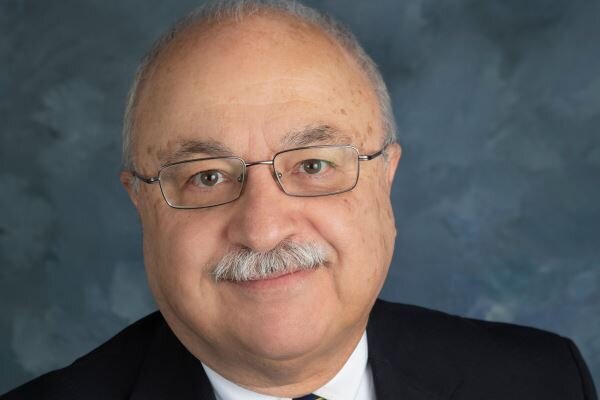









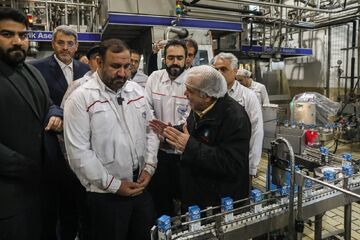
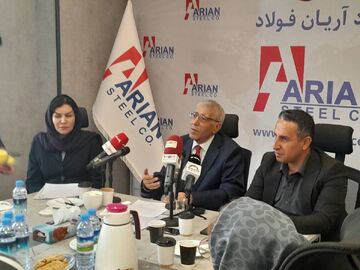

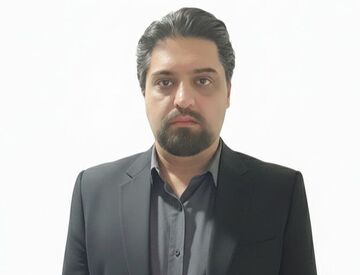
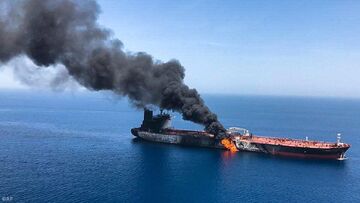
نظر شما